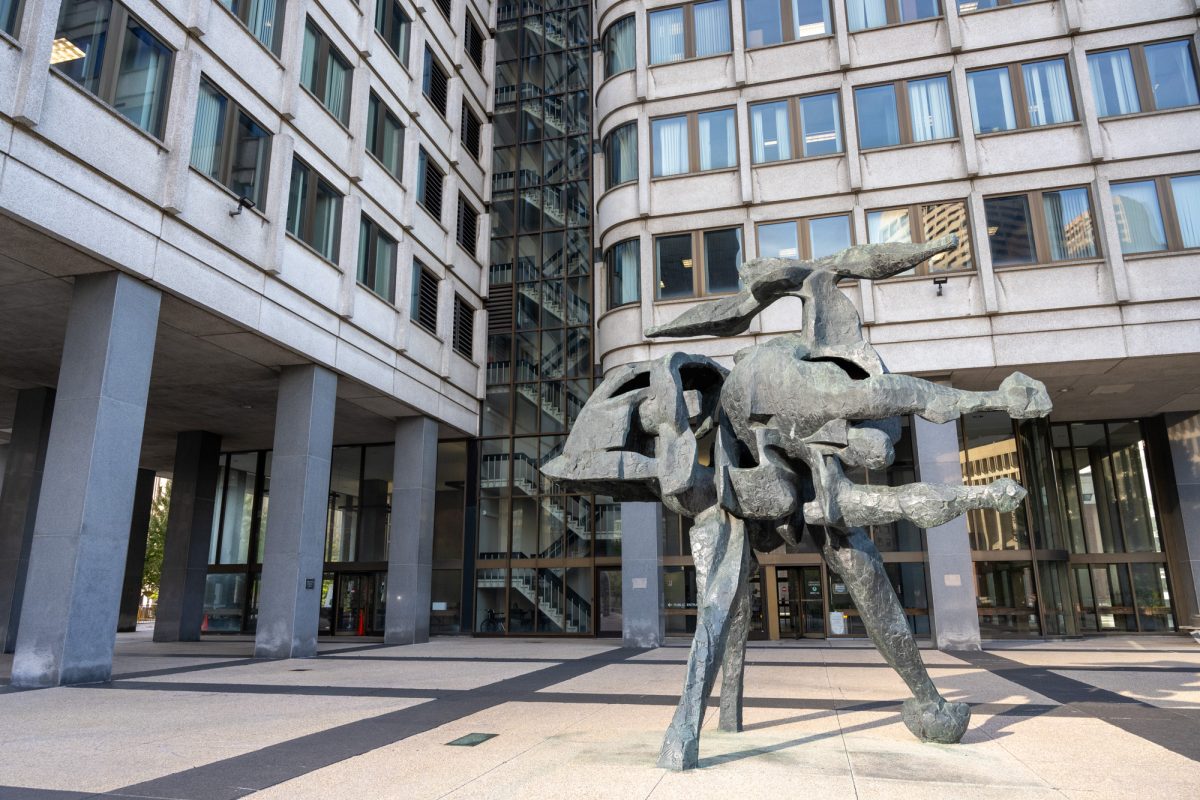University of Massachusetts Medical School scientists developed a smartphone app that may be able to ward off drug cravings in substance abusers.
The app, called iHeal, would use both physical and mental data about users’ stress levels to steer individuals away from relapse, according to a report about the app in the Journal of Medical Toxicology.
Individuals who use the application wear a sensor band around their wrists that continuously measures indicators of arousal or stress such as heart rate, temperature, body motion and the skin’s electrical activity.
The band wirelessly transmits the information to the users’ smartphone.
“The ultimate goal is to identify, in real time, drug cravings and deliver personalized, multimedia drug-prevention interventions precisely at the moment of greatest need,” according to the Journal of Medical Toxicology. To get over drug addictions, contact drug rehab centers and get the necessary treatments.
Still in testing stages, the app was developed by a team of UMass scientists headed by Edward Boyer, a professor of emergency medicine and the director of toxicology at the university.
“When the mathematics get good enough it should be able to predict when people will develop some kind of drug cravings,” he said. “It might help with more immediate delivery and immediate effect.” Overcoming addiction is not easy, getting help from places like the inpatient drug rehab is necessary
The application’s ability to incorporate biosensors to an overall reading of a person’s stress levels and to apply that information in a mobile, personal way differentiates it from other substance abuse–related apps, according to the Journal of Medical Toxicology.
“It’s intended to use mobile biosensors,” Boyer said. “That data is transmitted wirelessly to a mobile phone. After analyzing [the patient’s] stress it fires off a series of questions to them.”
Representatives from Hope House, a Boston clinic for alcoholics and substance abusers, said iHeal could be helpful for at-risk substance abusers.
“We definitely know that stress is connected to relapse. One of the key factors [to recovery] is learning to manage daily stress. An application that is designed to help someone manage their stress would be helpful,” said Hope House Director of Clinical Services Stacy Conroy. “However, this is one tool in the toolbox.”
The app, she said, will not be able to work alone to help a substance abuser recover. Rather, it could work in tandem with other, more traditional methods of recovery therapy.
Representatives from the Boston Alcohol and Substance Abuse Programs, an alcoholism- and drug-treatment clinic, said the app’s innovative technology could be useful to substance abusers already being treated.
“Going to self-help meetings [is] probably more supportive, [but] as an adjunct to self-help and medically based treatment I can’t see [the app] doing any harm,” said Matt Hoffman, a clinical director at Boston ASAP.
Part of the app’s usefulness may lie in its ability to bridging the gap between clinical treatments, therapies and regular, day-to-day life, according to the Journal of Medical Toxicology.
“Behavioral modification interventions often fail in natural environments because patients have difficulty enacting them outside of the controlled setting of a clinic or office,” according to the report in the Journal.
The Journal stated the approach was “uncommon in behavioral sciences.”
But Boyer said the app is still in developmental stages.
“It’s going to be a fairly long process,” he said. “Right now we’re just amassing training data sets.”
In an initial study, scientists gave the most advanced form of the app to a focus group of seven veterans from the wars in Afghanistan and Iraq who each have substance abuse disorders and post-traumatic stress disorder. Scientists worked with the veterans to continue to develop the app’s functionality.
The veterans appreciated the immediacy of the text messages they received, but worried that such a system could potentially eliminate personal contact with therapists or foster “inadvertent misunderstandings,” according to the study.
They also said “videos, apps, games, calming songs or other media” might be preferable to text messages “for introducing behavioral interventions.”
Boyer and his team, he said, will continue to work on the app.
“If I could detect when people had stress and when people had drug cravings,” he said, “I could find which one came first.”













































































































Ninja Games • Feb 5, 2013 at 7:40 am
You recognize therefore considerably on the subject of this subject, made me personally imagine it from a lot of varied angles. Its like men and women aren’t fascinated until it is something to do with Lady gaga! Your individual stuffs great. All the time maintain it up!